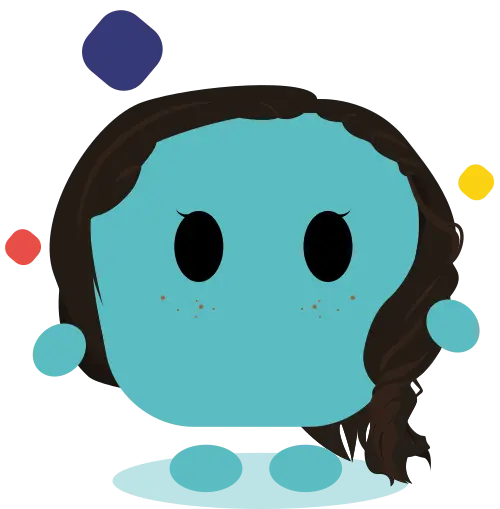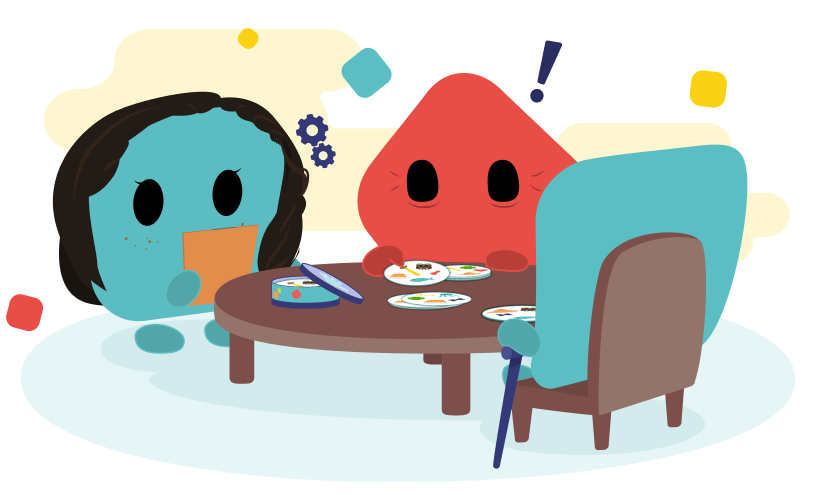- Project
- Underway
Improving older adults’ cognitive abilities, motivation, and well-being via learning new board games

Rachel Wu Associate Professor in Psychology
Rachel Wu is an Associate Professor in Psychology at the University of California Riverside. Her research focuses on learning and attention to maximize cognitive agility from infancy to old age. In particular, she studies the characteristics of learning in children and the possibility of applying them to adults. Every two years, she learns a new skill (music, painting, sculpture) to help herself better understand the difficulties of learning in adulthood.
-
Project start date :
2024/05/01 -
Status :
Underway -
Research organization :
University of California Riverside -
Team :
Isadora Farias and Tania Rodriguez
In 2023, Game in Lab selected Dr Rachel Wu’s project to determine whether playing familiar board games and learning new ones improves cognitive abilities, motivation and well-being in elderly adults. Her research specifically addresses a population from working classes, an innovative and important focus in the study of cognitive aging.
Project overview
Many elderly adults, especially those from working classes, suffer from cognitive decline. As a result, they may be reluctant to engage in new activities, even those that could be fun and cognitively stimulating, such as board games. Therefore, this research project aims to test the best way to use board games to improve the cognitive abilities, motivation and well-being in elderly adults from low-income minorities. The aim is to examine whether playing a familiar board game encourages motivation to learn a new one, which appears beneficial for cognitive abilities. Thus, this project addresses the problems of cognitive decline in elderly adults and their lack of motivation to participate in new stimulating activities.

Methodology
Three groups of working class elderly adults are recruited in a community center. One group plays a familiar board game before learning to play four new board games, a second group first learns to play new board games, while the control group does multiplayer puzzles. The game intervention lasts five weeks for each group. Improvement in cognitive abilities, motivation, well-being and perceived effort are assessed using a pre/post-test protocol at the beginning and end of the intervention, and then six months later.
Outcomes
The research project is ongoing. The results will provide important new information on two topics that are rarely studied in the literature: motivation of elderly adults to acquire new and unfamiliar skills, and the development of cognitive abilities, motivation and well-being in elderly adults with a working class background.